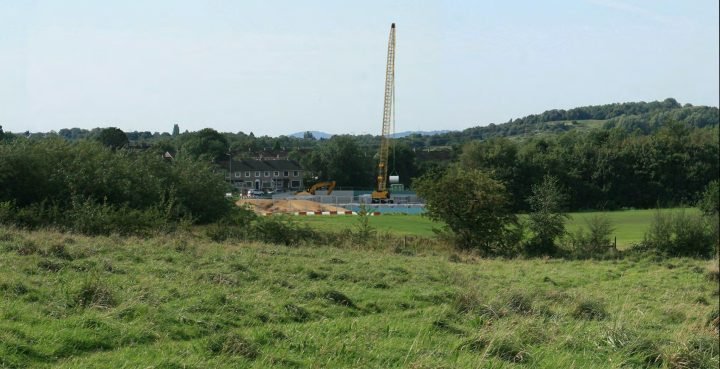It has prompted debate in the Ribble Valley, including about scrutiny of planning applications by councillors, the economic and environmental impact of construction sites and HGV transport arrangements on rural areas; road safety around a proposed marshalling yard near Clitheroe and the A59, and local community benefits for the borough.
The water tunnel is described as one of the UK’s largest water infrastructure programmes. It is the first in the UK water sector to be delivered through a ‘direct procurement for customers’ arrangement’, which the government and water regulators says is designed to provide best value for customers.
Work is due to start next year. Around 1,200 people will be employed during the peak construction period, with an apprentice programme to build skills for the future, United Utilities said.
Louise Beardmore, chief executive at United Utilities, said: “This marks a significant step to ensure we have the right infrastructure to provide a resilient water supply to communities right across the region for decades and, at the same time, creating hundreds of great quality jobs and delivering on the commitments and promises we have set out.”
Government water minister Emma Hardy added: “We are rebuilding the water network from the ground up, through one of the largest infrastructure projects ever seen in Britain. In a new era of partnership between government and industry, we are upgrading pipes, tackling sewage spills and safeguarding water security so communities can, once again, take pride in their rivers, lakes and seas. Investments in projects like Haweswater will be essential in this effort to secure clean water for future generations.”
Andy Burnham, the mayor of Greater Manchester, said: “The Haweswater Aqueduct has served our region well for decades. This landmark investment ensures it will continue to do so for generations to come. It’s not just about securing the water supplies we need for our city-region to grow. It’s also about creating jobs, skills and delivering long-term value for communities.”
Chris Taylor-Dawson, a senior officer at Ofwat, the body responsible for the economic regulation of the privatised water and sewerage industry, said: “This is a huge development for the north-west and the programme is the first of its kind for the sector approved by Ofwat. It marks a huge step forward for the water industry as a whole.
“Safeguarding water resilience for generations to come is vital and HARP sets a new standard for innovation and collaboration, Together we are delivering more than just infrastructure – we are investing in communities, protecting the environment and creating opportunities.”
Subscribe: Keep in touch directly with the latest headlines from Blog Preston, join our WhatsApp channel and subscribe for our twice-a-week email newsletter. Both free and direct to your phone and inbox.
Read more: See the latest Preston news and headlines

